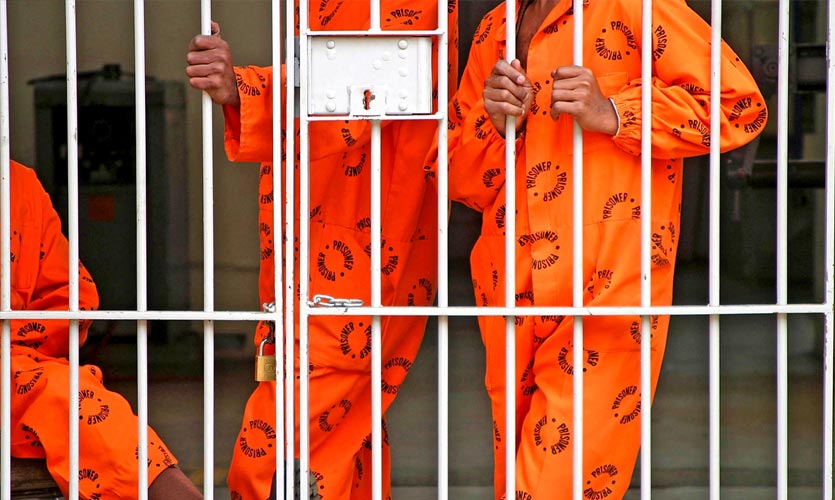Every time a crime is committed, the first thought that pops into our head is – this person should be put behind bars. The reason? Such insensitivity and inhumane behavior shouldn’t be allowed to exist within a civil society. We have come to think of prison as a place or rather an area of seclusion where all the bad in the world should be accumulated for as long as it takes to correct it. However, the underlying question is – does it really work? Do criminals that come out after serving their sentence really turn into saints not capable of committing another crime? Several horrifying instances have already proven that this isn’t true. And yet, we continue to believe in the concept of sentencing, and even solitary confinement for harsher crimes.
We neglect the fact that instead of sensitizing criminals and rehabilitating them so they can live a civilized life, prisons make them even more thick-skinned and callous. This increases the chances of them repeating crimes. According to data by NCRB, in the year 2020, there were 2.12 lakh repeat offenders in India. These were people who had already been convicted in the past for one or the other crime. Getting confined to a small space and the same routine for years on end, with the worst possible facilities at your disposal and like minded people around, can affect your psyche severely. Believing that the severity and harshness of prison time would deter criminals from committing crime again is rather irrational. If that were the case, the crime rate would have dropped dramatically with time. Thomas Rodham of ABC News writes, “People contemplating breaking the law will not be especially deterred by dread of the punishment. So, sending armed robbers to prison for forty years instead of ten doesn’t much reduce the incidence of armed robbery.”
Few developed countries like Norway follow a much different path of justice. They follow the restorative justice system, where the victim and offender are brought together at a meeting, and the nature of the crime is discussed, including the corrective measures the offender can take. Their prisons are some of the best in the world, well-equipped and comfortable. They’re aimed at making the prisoner a functioning member of society at the end of their term. Their laws forbid criminal torture as well. However, it is important to note that the crime rate in Norway is nearly 0. Will a system like this work in a country like India, which has over 50 lakh offenders annually? Also, with a majority of the population living below the poverty line and in homeless conditions, would this encourage even more crime, just so a proper accommodation can be acquired?
While the basic idea of prison time isn’t flawed, the way we approach it might be. Instead of leaving criminals to fend for themselves, we need to focus on reformative measures. This includes therapy sessions or learning new skills to lead a normal life. This can also help reduce crime rate within prisons. As with juvenile offenders, handling every criminal with restraint might go a long way in curbing crime and reducing repeat offenders. Behavioral tendencies need to be corrected during the course of prison time. Pam Hibbert of The Guardian says that cutting criminals off from their families and loved ones may have more disastrous effects because over time those ties may no longer matter to them. The thought that they might not have a home or a person to go back to, desensitizes criminals even further. The idea that they can get back to a normal life later needs to be kept alive, especially for criminals who have not committed grave crimes and can be reintegrated into the society.
Despite this, the question still remains – do criminals who commit grave offenses deserve another chance at life? And if they’re provided with one, will they even consider it or will they turn back to their old ways? Depending upon the nature of the crime and criminal, corrective measures need to vary. And this doesn’t mean the duration of imprisonment. There are many types of criminals and employing the same justice system to all may do more harm than good. While a certain percentage of criminals across the world would fall under the category of being beyond correction and civility, for the rest, it is crucial to prioritize rehabilitation over punishment.
Read more: Gurukul To Schools: Revisiting Indian Education System From Pre And Post-British Era










